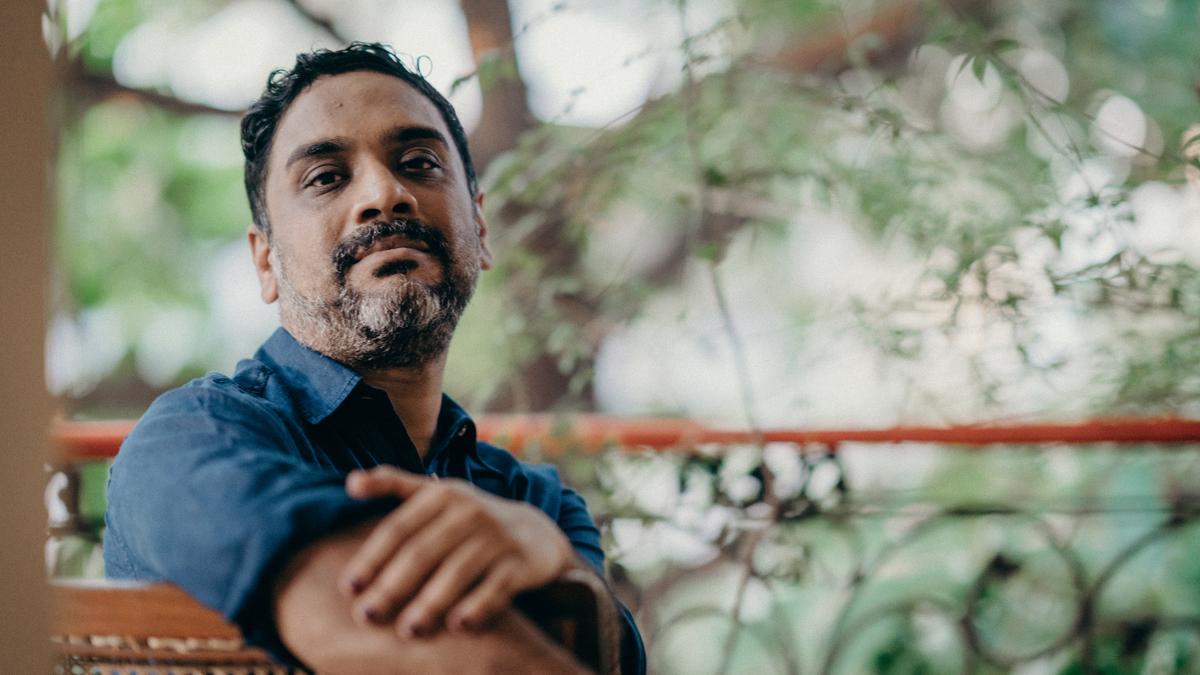
‘I hate the word representation’: Jaydeep Sarkar
The Hindu
Filmmaker Jaydeep Sarkar on why queer joy needs space on Indian screens and cursory LGBTQIA+ mentions might reek of charity
Sridevi and Madhuri Dixit in the 90s defined queer.
As someone recently told me, the best definition of being queer is ‘when you can be your absolute authentic self without having to fit the prescribed morals of society’. A lot of the cinema of the 90s saw women celebrating their bodies and their sexuality, without ever giving away their agency. Madhuri and Sridevi were the closest I came to seeing desire being celebrated.
I’m always asked the question: ‘Is your next story a queer story?’ I feel it’s an unfair and unimaginative question. It can be a cishet (cisgender heterosexual) love story and still be a queer film because I look at life, desire and relationships outside of society’s binaries.
The minute you try to box people, you are doing them a disservice. The reductionist label undermines my other identities — I’m also a Bengali filmmaker, a Mumbai-based filmmaker. I’ve made Nayantara’s Necklace, which is about two women bonding over many idle afternoons and talking about their desire for the men in their lives. It is the politics of desire, whether queer or straight, that interests me the most.
I hate the word ‘representation’ because it reeks of charity. It suggests that in a largely straight world a few stray mentions should be enough to acknowledge our existence. You see a lot of token queer characters in mainstream shows and films today. But show after show, they either die in the end, or they kill people, or are just comic tropes. It has reduced us to victims, villains or clowns. It’s symptomatic of the fact that these filmmakers see us as the ‘other’.
I remember watching a show last year, at the end of which a gay man kills his lover and then dies immediately after. That sensational end was celebrated by critics. The audience, however, learned nothing about the couple — not their pain, their loneliness, or even what drove them to the act, except that ‘the world is cruel to them’. The gays came in just to fill a plot hole in a cishet narrative.
A lot of people may feel that the representation box has been ticked with these roles, but who has it actually helped? It’s not going to help a queer person who is hoping to find the strength to come out.

Indian Forest Service (IFoS) officer R. Gokul, who was suspended by the State government in connection with a case filed in the Supreme Court seeking permission to denotify 443 acres of HMT forest land, besides writing a letter to the CBI, has reportedly admitted to his mistake and submitted an unconditional apology.





















 Run 3 Space | Play Space Running Game
Run 3 Space | Play Space Running Game Traffic Jam 3D | Online Racing Game
Traffic Jam 3D | Online Racing Game Duck Hunt | Play Old Classic Game
Duck Hunt | Play Old Classic Game









